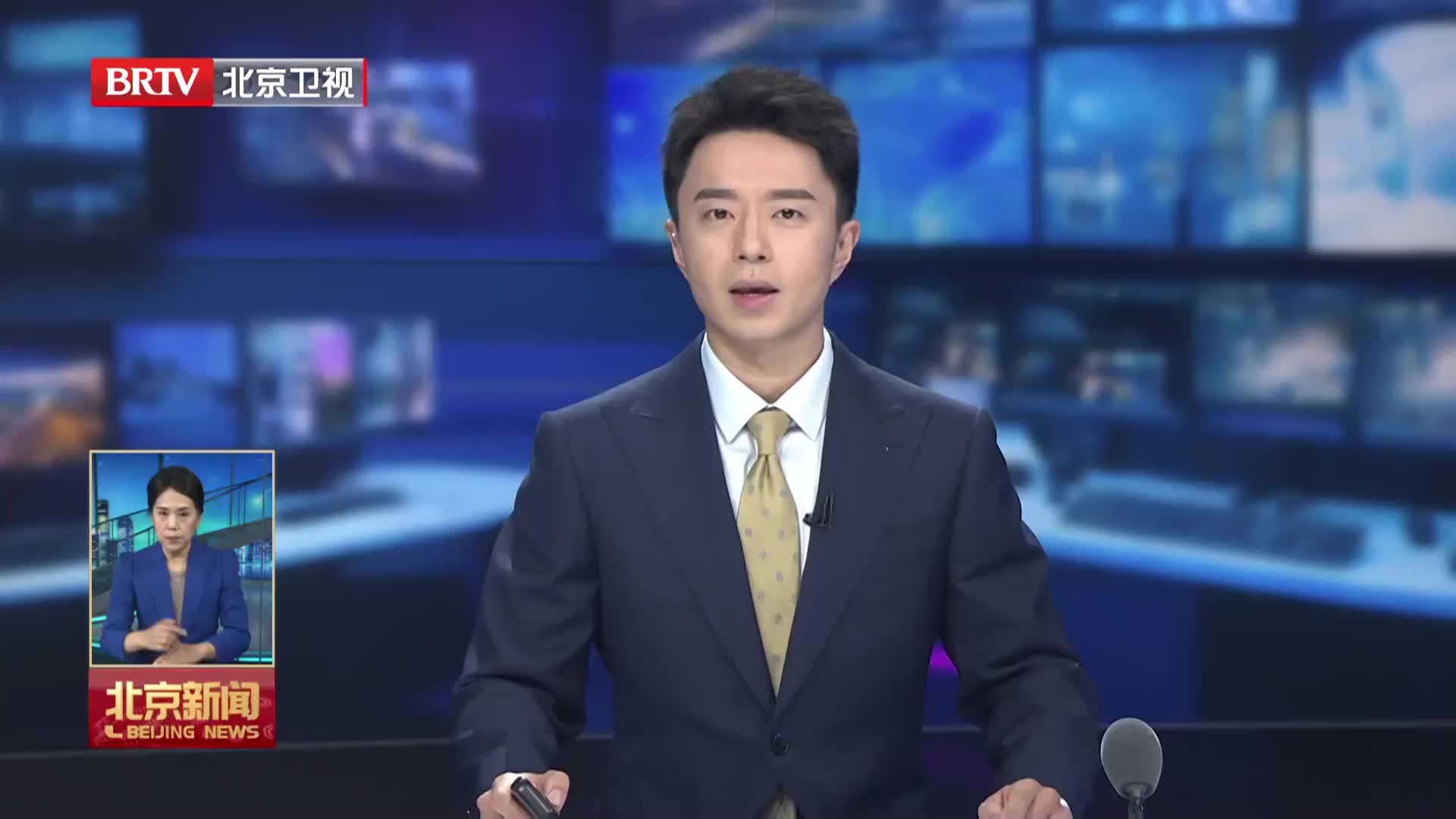On the morning of September 19, a summary meeting for the service support work of the 80th Anniversary Commemoration of the Chinese People’s War of Resistance Against Japanese Aggression and the World Anti-Fascist War was grandly held. On behalf of the Municipal Party Committee, the Municipal People’s Congress Standing Committee, the Municipal Government, and the Municipal Committee of the Chinese People’s Political Consultative Conference, and on behalf of the municipal commemoration activity leadership group, he expressed high respect and heartfelt thanks to all the staff involved in service support and to all the participants in training and performances, as well as to the broad masses of Party members, cadres, and people in the city. He emphasized, it is essential to thoroughly study and implement the important spirit of the speech delivered at the commemorative meeting, carry out the deployment requirements of the central commemoration activity summary meeting, promote the great spirit of the War of Resistance, effectively transform the valuable spiritual wealth gained from the commemoration activities into a powerful driving force for work and entrepreneurship, do a good job in various tasks of reform, development, and stability, more vigorously promote the capital’s development in the new era, and make new and greater contributions to writing the Beijing chapter of Chinese modernization.
He pointed out that under the strong leadership of the Central Committee, the 80th-anniversary commemoration of the victory in the War of Resistance, which attracted nationwide attention and global attention, was a complete success. The commemorative activities were grand, solemn, magnificent, shocking, inspiring, and had excellent political, social, and international effects. The important speech fully affirmed the complete success of the commemorative activities and emphasized the need to fully utilize the powerful positive energy stimulated by the commemorative activities and transform it into a strong driving force for doing a good job in reform, development, and stability. We must earnestly study and understand the important spirit of the speech, deeply recognize the significant and far-reaching impact of the commemorative activities, thoroughly grasp their major achievements and strategic significance, seriously summarize the experience and practices of organizing the commemorative activities, and go all out to do a good job in all aspects of the capital’s work.
He emphasized, As the host city of the commemorative activities, the inspiration and encouragement felt were the most direct, and the spiritual洗礼 gained was also the most profound. The commemorative activities powerfully demonstrated national prestige and military prestige, further strengthening the confidence and底气 for achieving national rejuvenation; powerfully stimulated patriotic enthusiasm, further凝聚 the strength for unity and progress; powerfully promoted the great spirit of the War of Resistance, further激发 the drive for continuous struggle; powerfully displayed the image of a major country upholding the cause of human peace and justice, further demonstrating the courageous responsibility to promote the building of a community with a shared future for mankind; powerfully showcased the capital’s style, further enhancing the sense of responsibility and mission to optimize and提升 the capital’s functions, and更加坚定了 the confidence and determination to undertake the duties and missions of the capital of a major country.
He emphasized that providing service support for the national ceremony is both a glorious political task and a direct test of our performance of the capital’s duties. The city adhered to the highest standards and completed the service support tasks for the commemorative activities with high quality, delivering a Beijing answer sheet for serving the national大局 with «zero errors.» Reviewing the process of organizing the commemorative activities, we deeply realized that the reason for the complete success of the commemorative activities was:
— Most fundamentally, it lies in the strong leadership of the Central Committee. This is the overarching and fundamental reason for the success of the commemorative activities. The central commemoration activity leadership group provided direct leadership, and central units, the military, and brother provinces and autonomous regions provided strong support and assistance, fully demonstrating the advantage of the socialist system in concentrating resources to accomplish major tasks.
— It benefited from strong organizational leadership and the excellent work style of various working bodies pursuing refinement, meticulousness, and perfection. In accordance with the central unified deployment, a municipal leadership group was established, setting up «one office, one group, one center, and nine command headquarters,» forming a work pattern with smooth vertical connections and efficient horizontal coordination. The office of the municipal leadership group connected the upper and lower levels and coordinated left and right; the scheduling and operation center refined the processes item by item and time point by time point, achieving «second-and-meter-level» precise execution; each command headquarters connected seamlessly and cooperated协同; all tasks were executed with excellence; the supervision group


